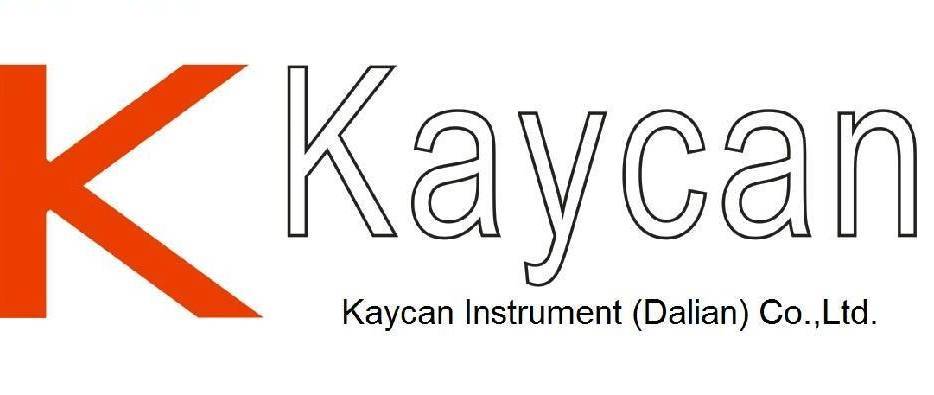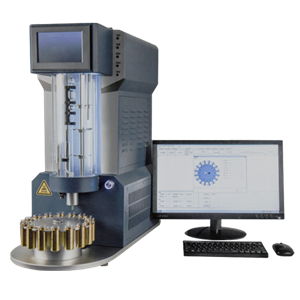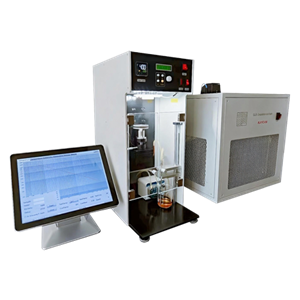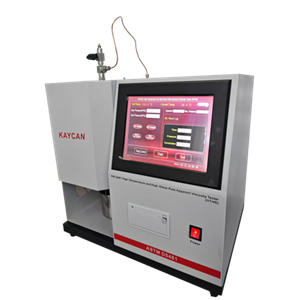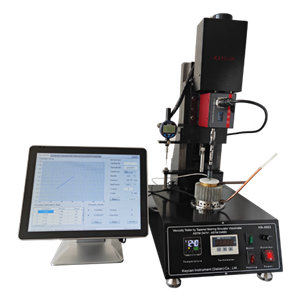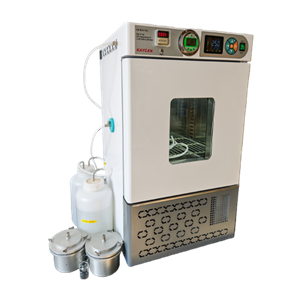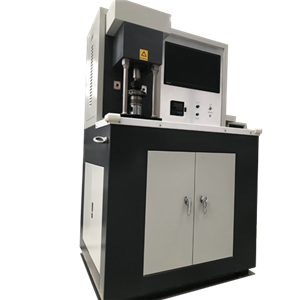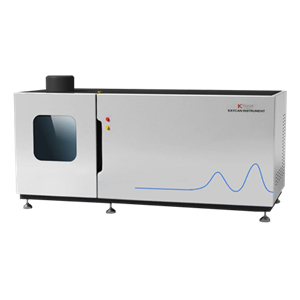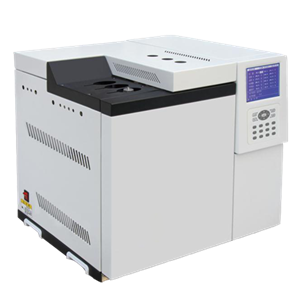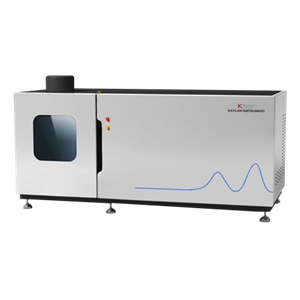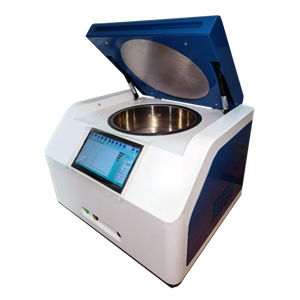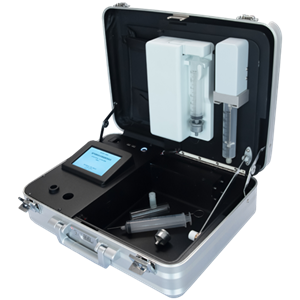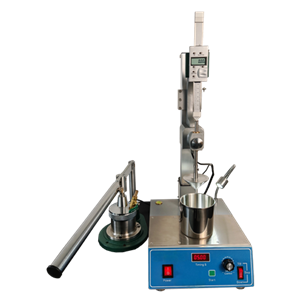-
ASTM D1742 Oil Separation From Lubricating Grease
When a lubricating grease separates oil, the remaining composition increases in consistency. This can affect the ability of the product to function as designed
Send Email Details -
Four Ball Wear Tester
This test method, used for specification purposes, differentiates between lubricating fluids having low, medium, and high level of extreme-pressure properties. The user of this method should determine to his own satisfaction whether results of this test procedure correlate with field performance or other bench test machines.
Send Email Details -
ASTM D5708 ICP for Crude Oils and Residual Fuels
When fuels are combusted, vanadium present in the fuel can form corrosive compounds. The value of crude oils can be determined, in part, by the concentrations of nickel, vanadium, and iron. Nickel and vanadium, present at trace levels in petroleum fractions, can deactivate catalysts during processing. These test methods provide a means of determining the concentrations of nickel, vanadium, and iron.
Send Email Details -
ASTM D2163 Hydrocarbons In LPG By GC
The hydrocarbon component distribution of liquefied petroleum gases and propene mixtures is often required for end-use sale of this material. Applications such as chemical feed stocks or fuel require precise compositional data to ensure uniform quality. Trace amounts of some hydrocarbon impurities in these materials can have adverse effects on their use and processing.
Send Email Details -
ASTM D7111 ICP for Middle Distillate Fuels
Trace elemental analysis is used to indicate the level of contamination of middle distillate fuels. Trace metals in turbine fuels can cause corrosion and deposition on turbine components at elevated temperatures. Some diesel fuels have specification limit requirements for trace metals to guard against engine deposits. Trace level copper in middle distillate aviation turbine fuel can significantly accelerate thermal instability of the fuel leading to oxidation and production of detrimental insoluble deposits in the engine.
Send Email Details -
ASTM D6481 Portable Energy Dissipation X-ray Fluorescence Spectrometer
KN-6481 Portable Energy Dissipation X-ray Fluorescence Spectrometer conforms to ASTM D6481 Standard Test Method for Determination of Phosphorus, Sulfur, Calcium, and Zinc in Lubrication Oils by Energy Dispersive X-ray Fluorescence Spectroscopy and ASTM D7751 Standard Test Method for Determination of Additive Elements in Lubricating Oils by EDXRF Analysis. This tester is used to test metal elements in oils like P, S, Cl, Ca, Ti, V, Cr, Mn, Fe, Ni, Cu Zn, PB, Mo, Ag, Cd, Sn, etc.
Send Email Details -
Hot
ASTM D3948 Water Separation Characteristics Of Aviation Turbine Fuels
This tester provides a measure of the presence of surfactants in aviation turbine fuels. it can detect carryover traces of refinery treating residues in fuel as produced. They can also detect surface active substances added to or picked up by the fuel during handling from point of production to point of use. Certain additives can also have an adverse effect on the rating. Some of these substances affect the ability of filter separators to separate free water from the fuel.
Send Email Details -
ASTM D217 Cone Penetration For Grease
Cone penetration test results provide one measure of the consistency of a grease. Worked penetration results are required to determine to which NLGI consistency grade a grease belongs. Undisturbed penetration results provide a means of evaluating the effect of storage conditions on grease consistency
Send Email Details
